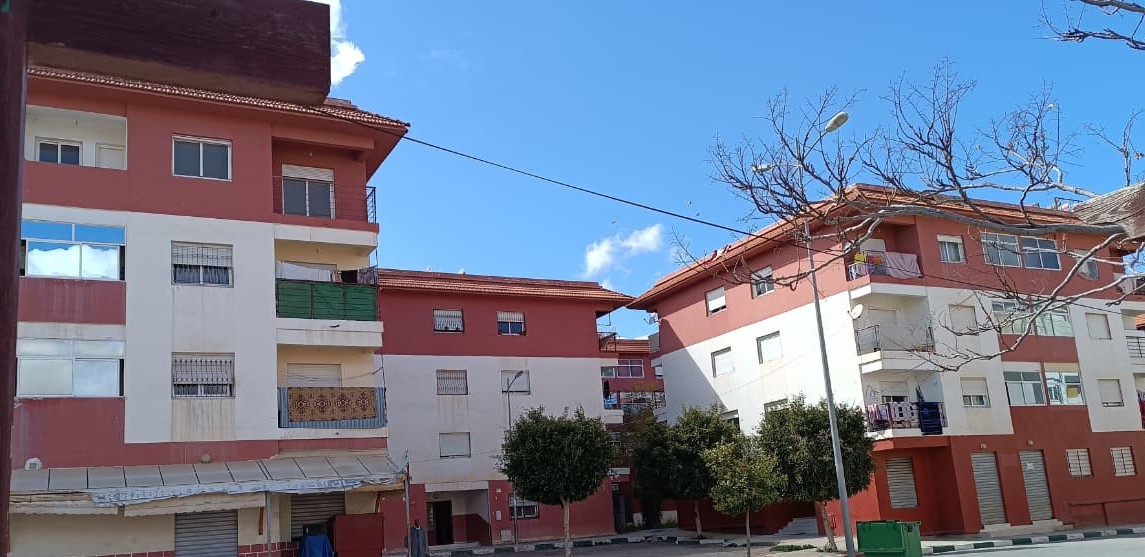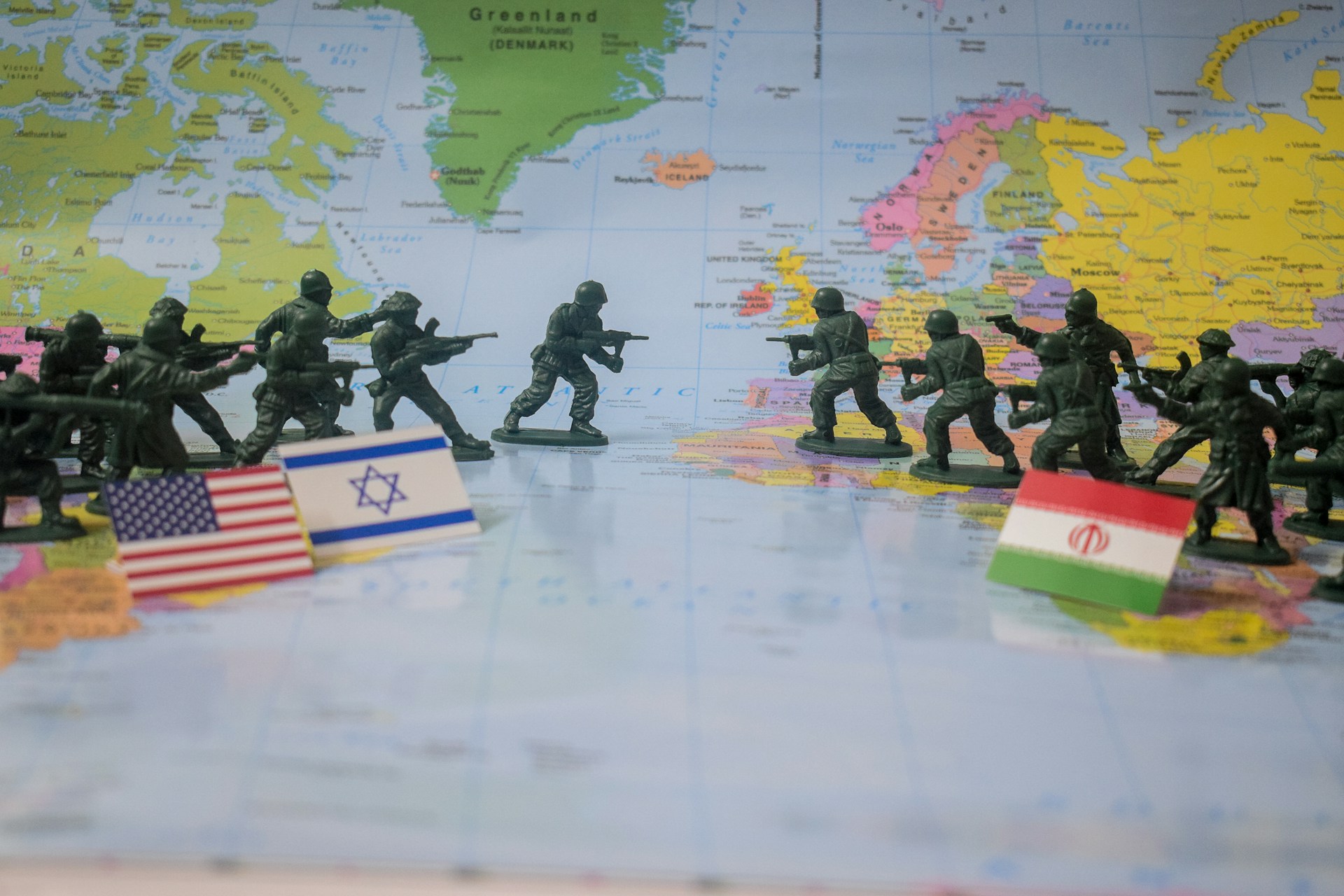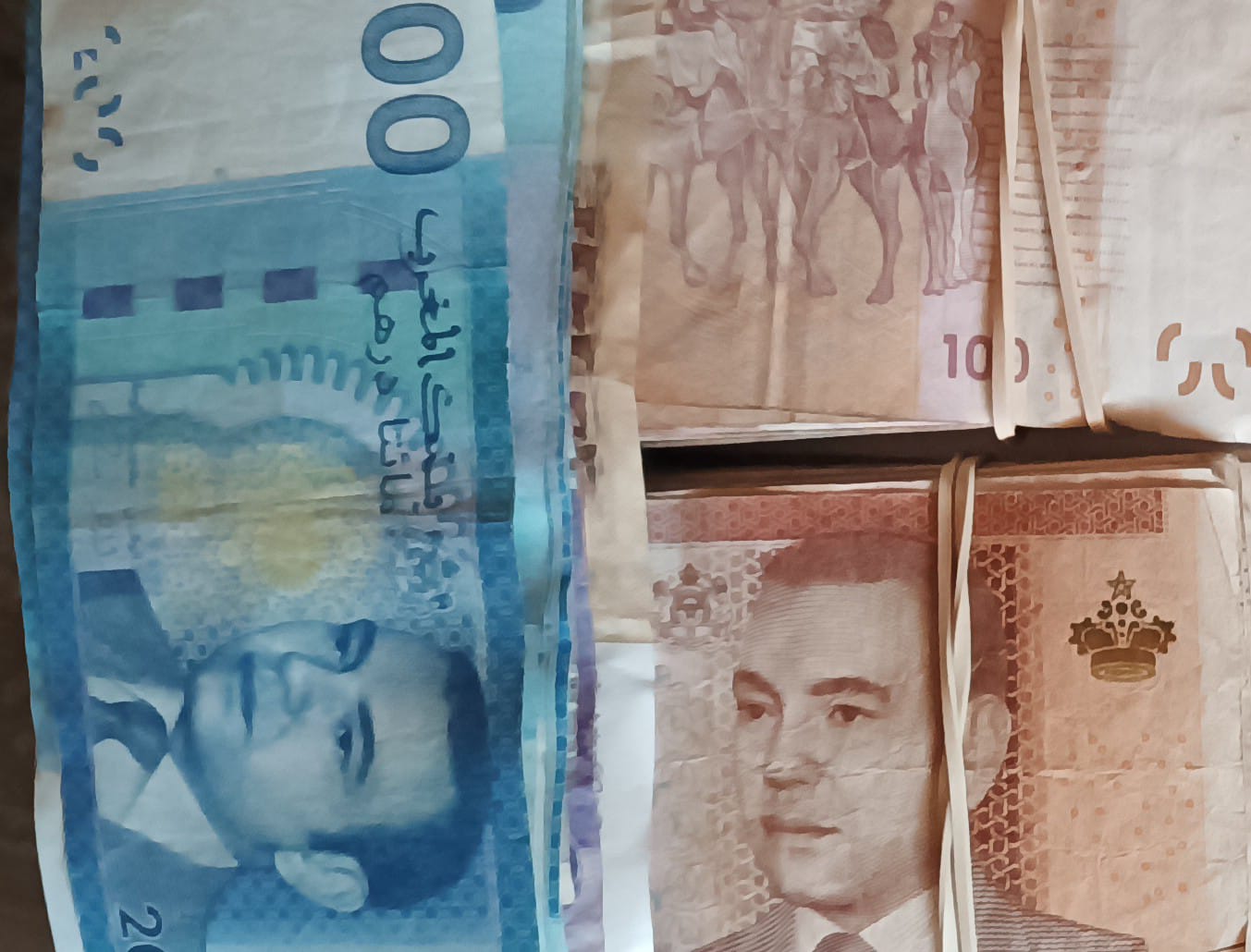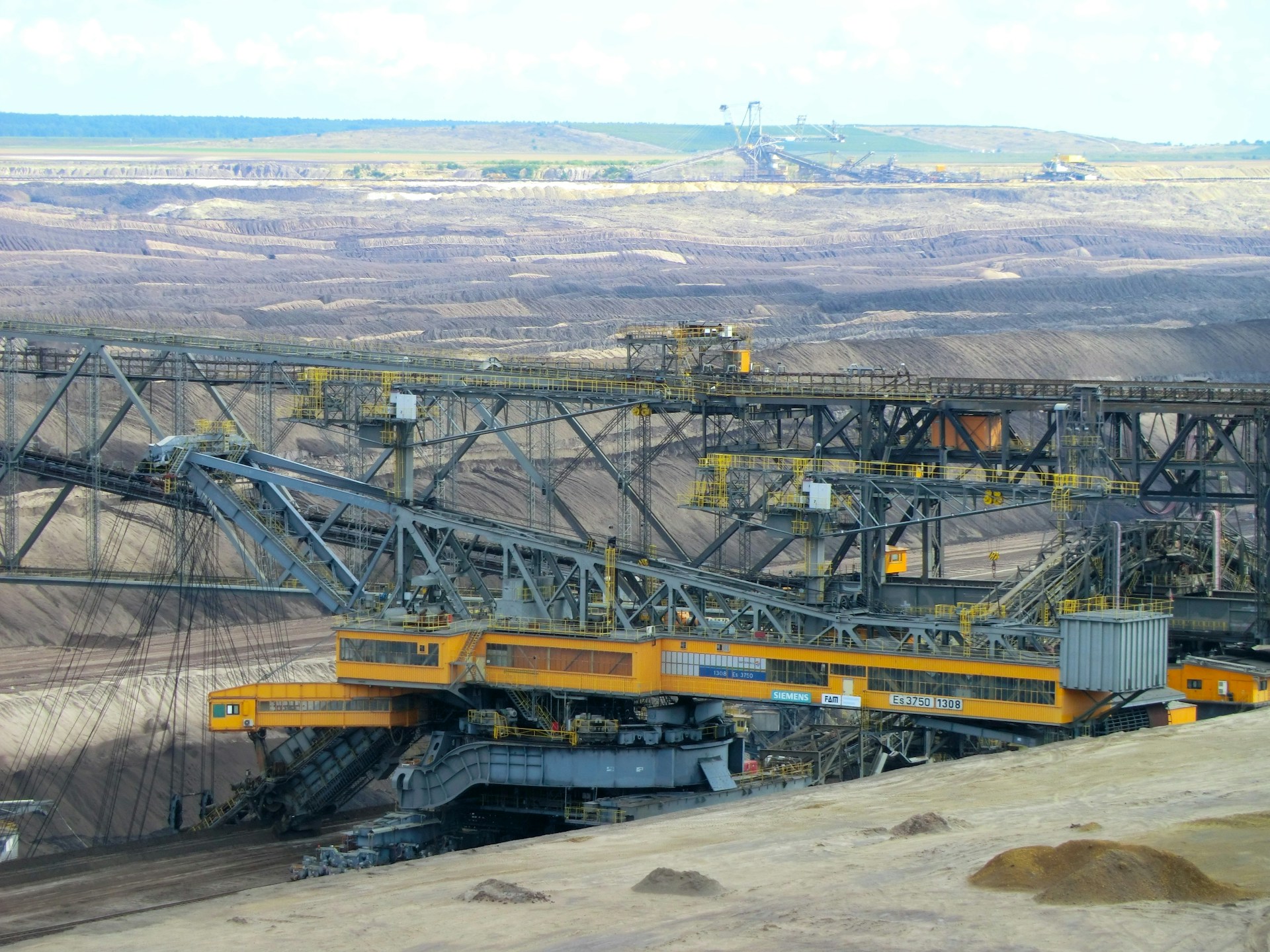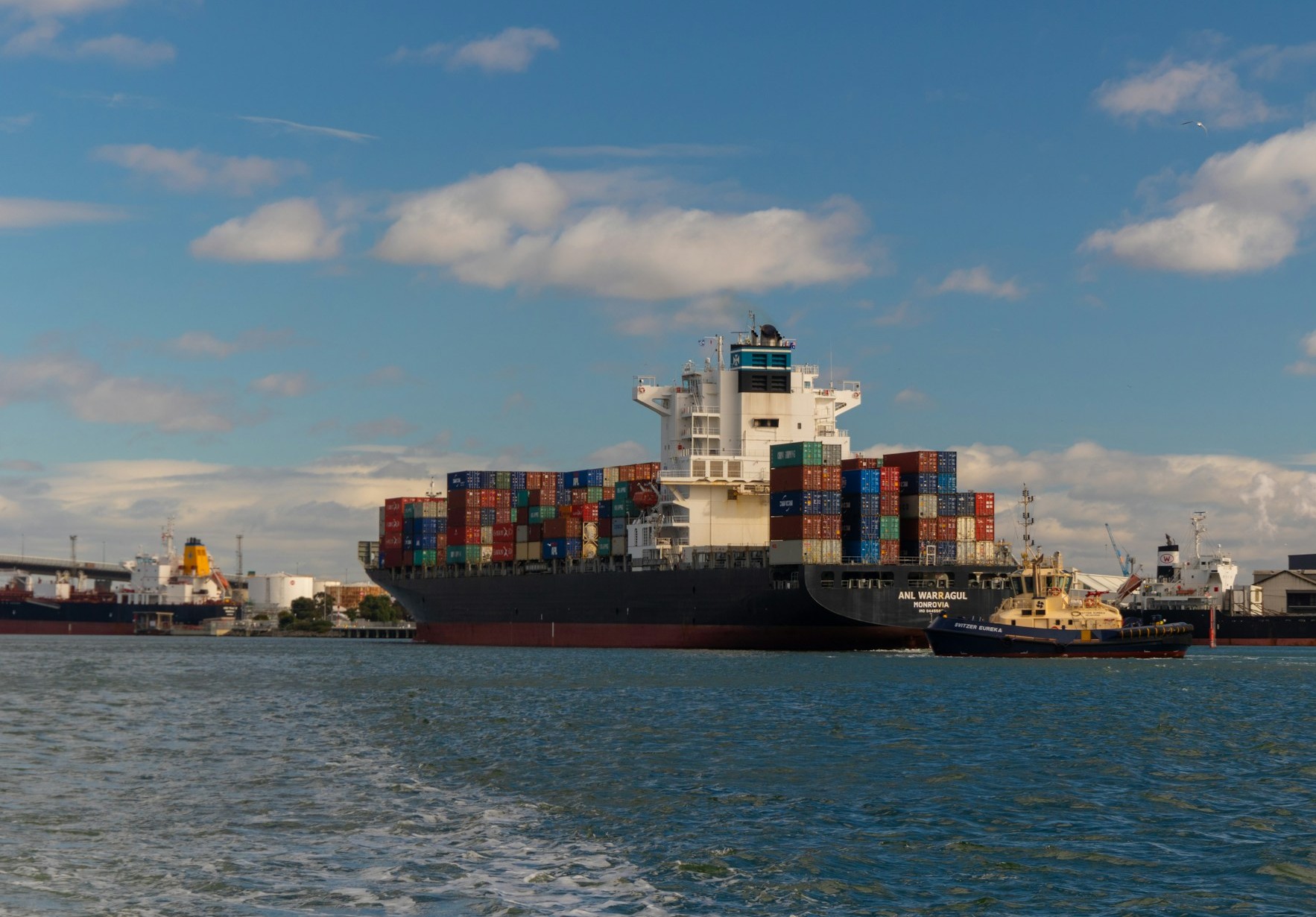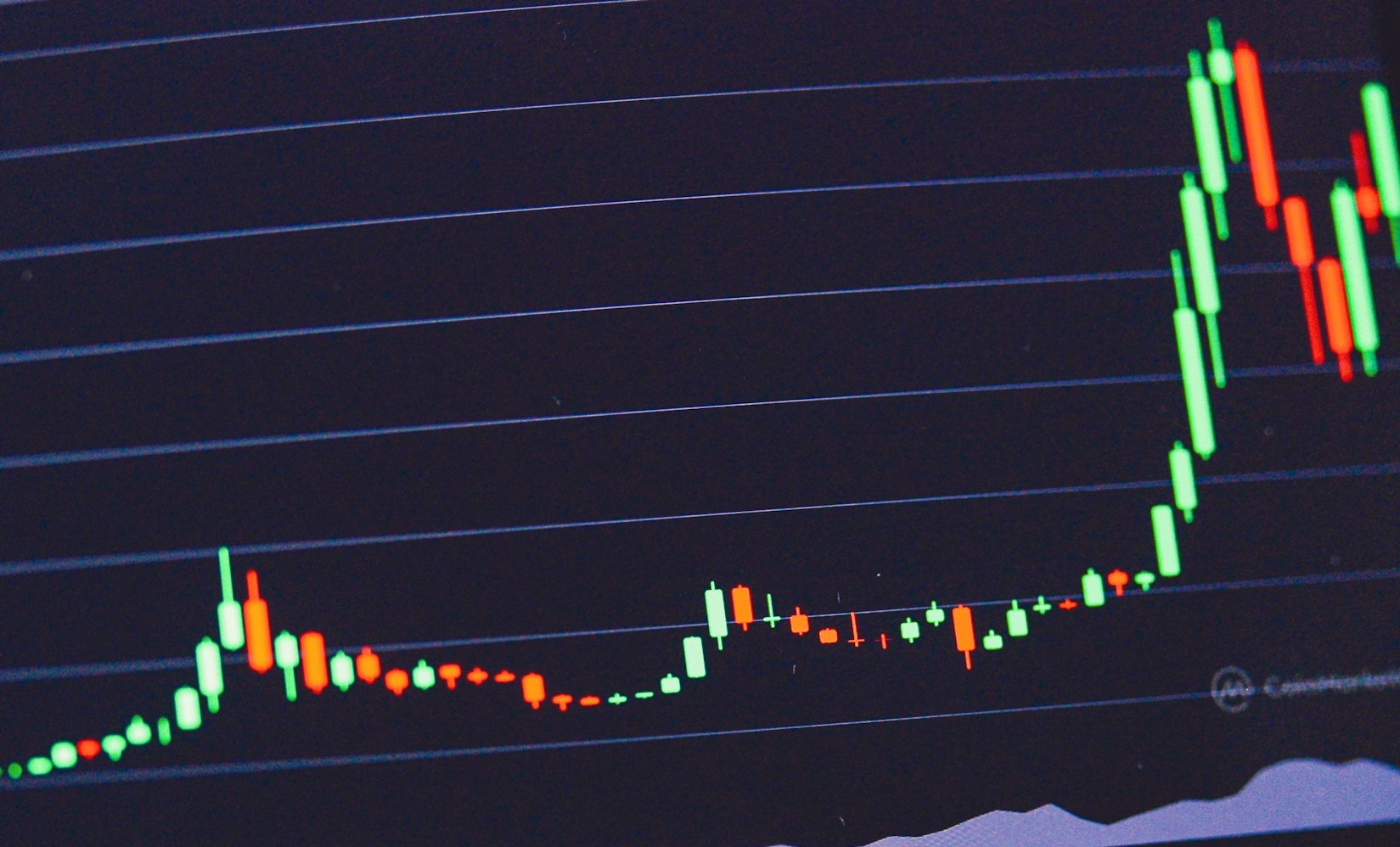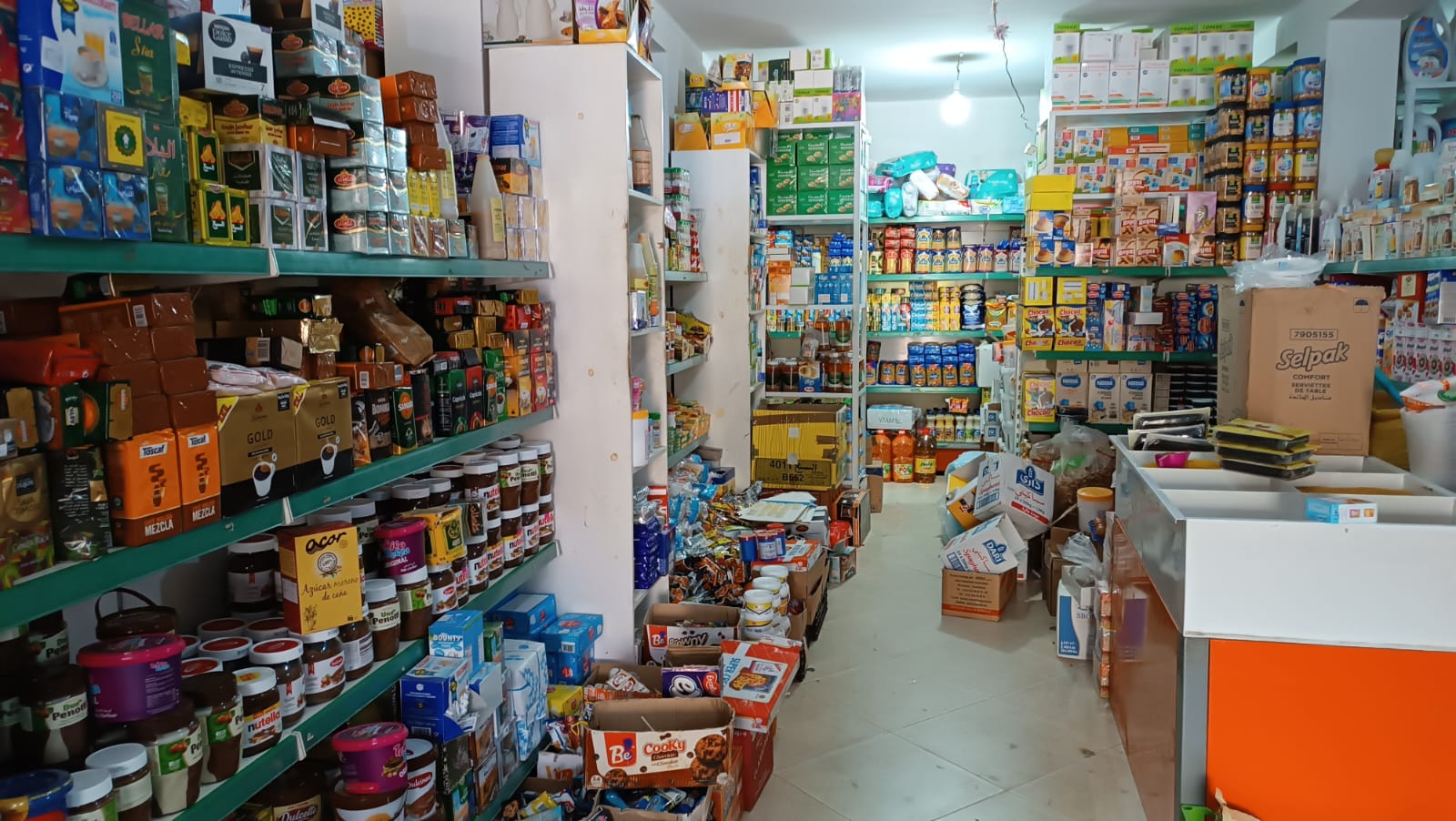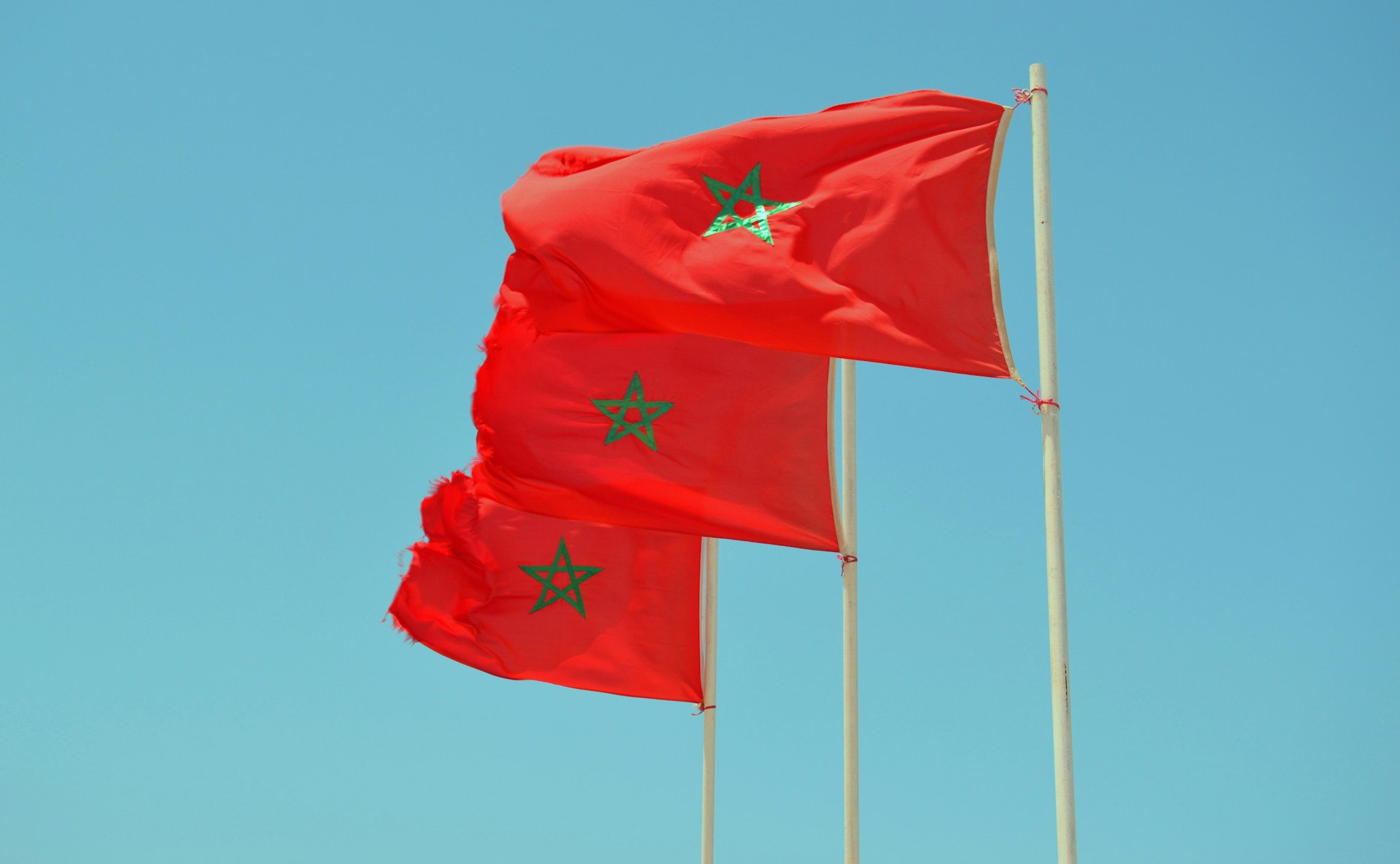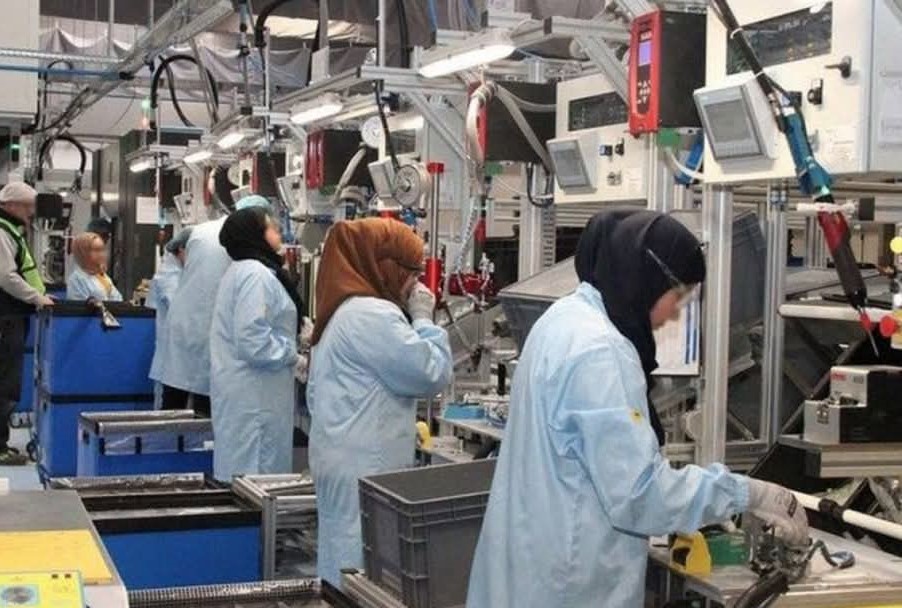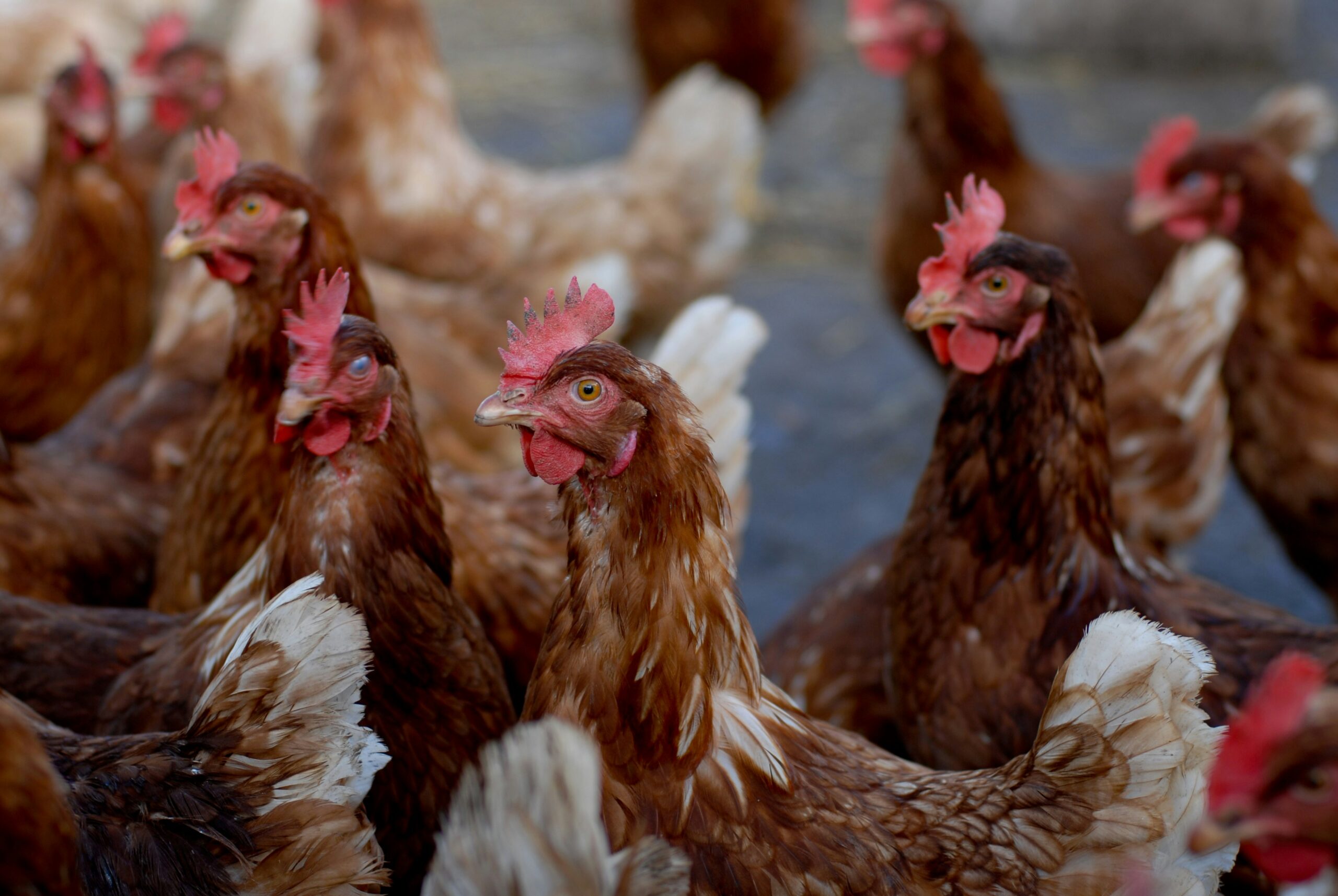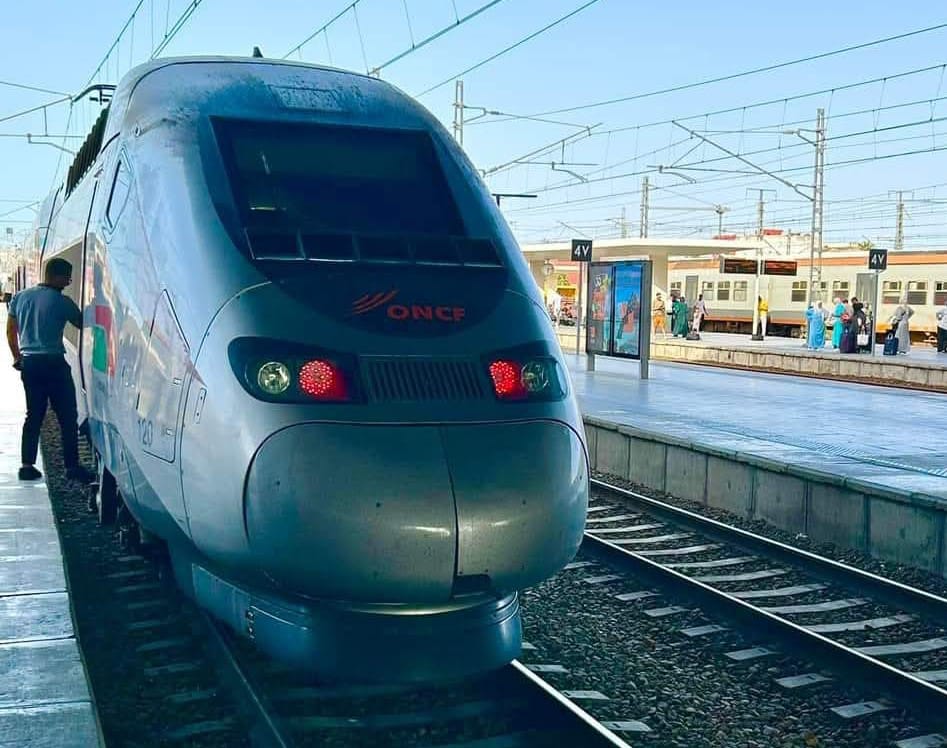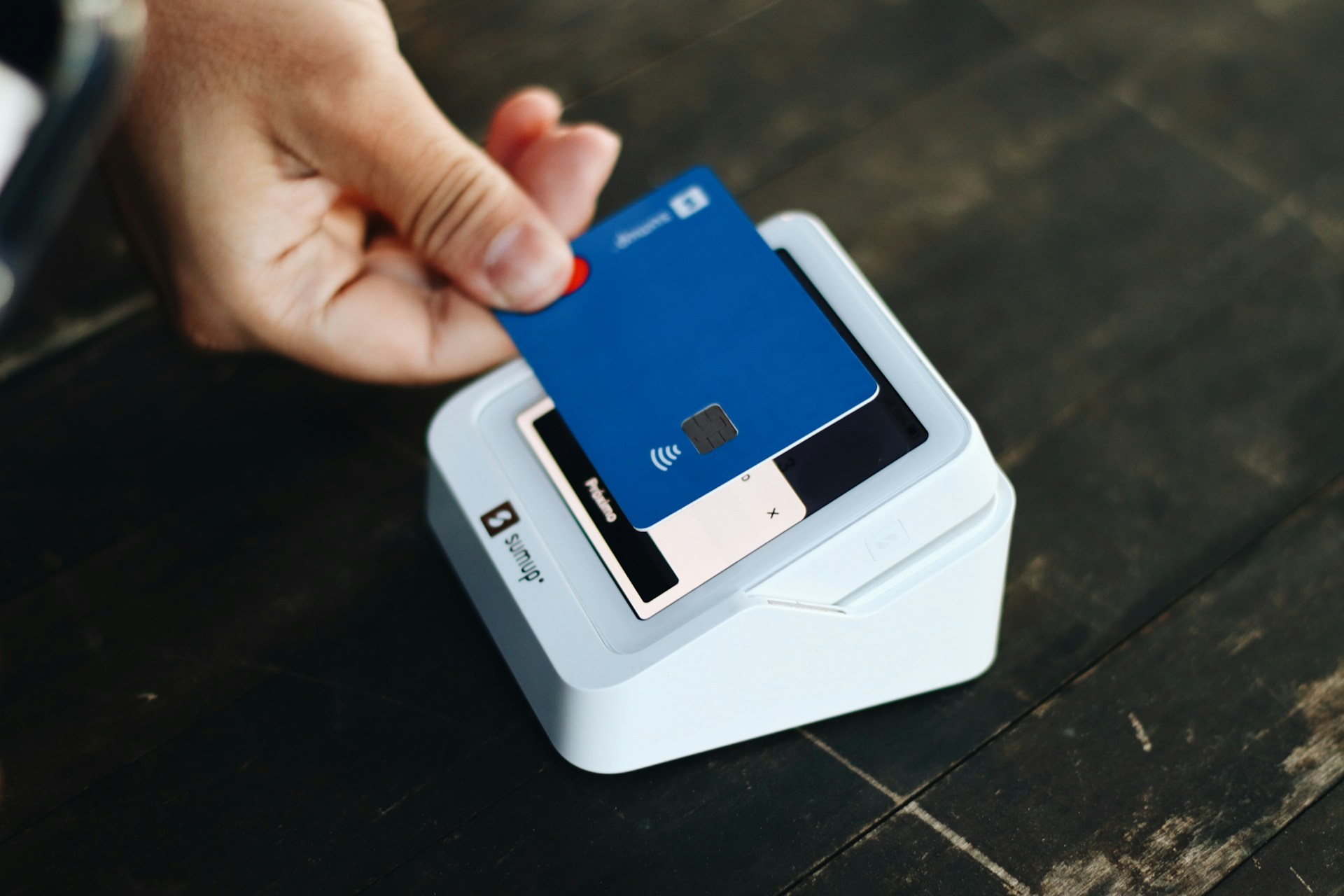Casablanca – Over the past four years, Israeli investments in Morocco have seen a significant rise, growing from virtually nothing in 2020 to nearly $700 million by the end of 2024. This rapid economic development signals a deepening partnership between the two countries, marked by expanding trade relations, joint ventures, and large-scale infrastructure projects.
According to CEIC Data, a platform specialized in global economic analysis, Israeli foreign direct investment (FDI) in Morocco amounted to approximately $637 million by the third quarter of 2024. This marks a dramatic transformation from 2020 and 2021, when Israeli investment in the Moroccan economy was almost nonexistent.
The growth trajectory began in 2022, when investments reached several tens of millions of dollars. However, it was during 2023 and 2024 that the most significant leap occurred, coinciding with the launch of major projects across several key sectors. These include energy, technology, infrastructure, and healthcare.
A sectoral breakdown of investment
One of the most notable Israeli ventures in Morocco is its stake in Gaia Energy, a renewable energy company. Israeli capital has also been directed toward the construction of new factories, reflecting growing interest in Morocco’s industrial capabilities. Moreover, Israeli and Moroccan entities have launched joint ventures in oil and gas exploration, a strategically important sector for both countries.
Several contract-based infrastructure projects are also part of this wave of investment, including a hospital construction program based on the Build-Operate-Transfer (BOT) model. This framework involves private entities financing and operating public infrastructure for a set period before transferring ownership back to the government.
Despite the geopolitical tensions in the Middle East—particularly the ongoing conflict in Gaza—Israeli investments in Morocco have continued to grow, indicating that economic cooperation between the two countries has, so far, remained largely insulated from political developments.
Expanding trade relations
Parallel to the surge in investment, trade between Morocco and Israel has also intensified. By the end of 2023, Israeli exports to Morocco reached $120 million, a sharp rise compared to previous years. These exports included metals, plastic products, optical and medical equipment, and other industrial goods.
On the other hand, Morocco’s imports from Israel primarily consisted of chemical products and explosives, reflecting a highly specialized segment of bilateral trade. Overall, the total trade volume between the two countries reached $94 million during the first ten months of 2023—up from $55.7 million during the same period in 2022.
In global terms, Israel’s exports fell by 6% in 2023, but its exports to Morocco increased by 128%, demonstrating the growing importance of the Moroccan market for Israeli exporters.
Foundations of economic cooperation
A key milestone in this evolving relationship was the signing of the Trade and Economic Cooperation Agreement on February 21, 2022. The agreement was formalized during the visit of Israeli Minister of Economy and Industry Orna Barbivai to Morocco. The deal aimed to create a framework for long-term economic collaboration and was described by Barbivai as “a critical step in strengthening the economic foundation of bilateral ties.”
This agreement appears to have played a central role in facilitating the flow of investment and trade between the two countries by reducing regulatory barriers and promoting institutional dialogue between business sectors.
A look ahead
While the scale of Israeli investment in Morocco is still modest when compared to that of other international partners, the rate of growth in just four years underscores a significant shift. From renewable energy and oil exploration to infrastructure and manufacturing, Israeli capital is positioning itself within Morocco’s broader economic development strategy.
With trade and investment continuing to expand, the economic partnership between Israel and Morocco is poised to deepen further in the coming years. Whether these economic ties will be resilient in the face of future political or diplomatic challenges remains to be seen, but for now, the numbers tell a clear story: economic collaboration between the two nations is on the rise.
